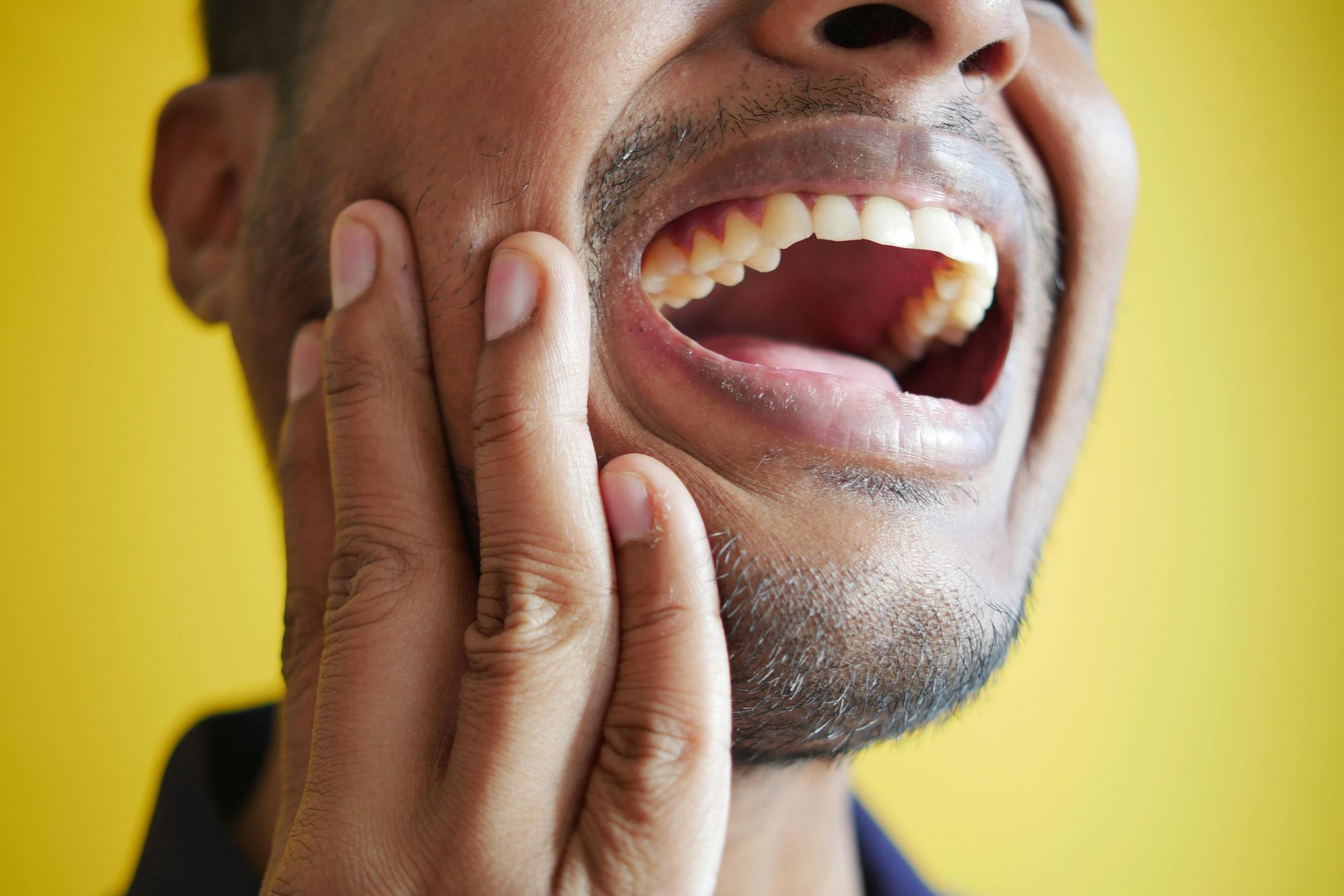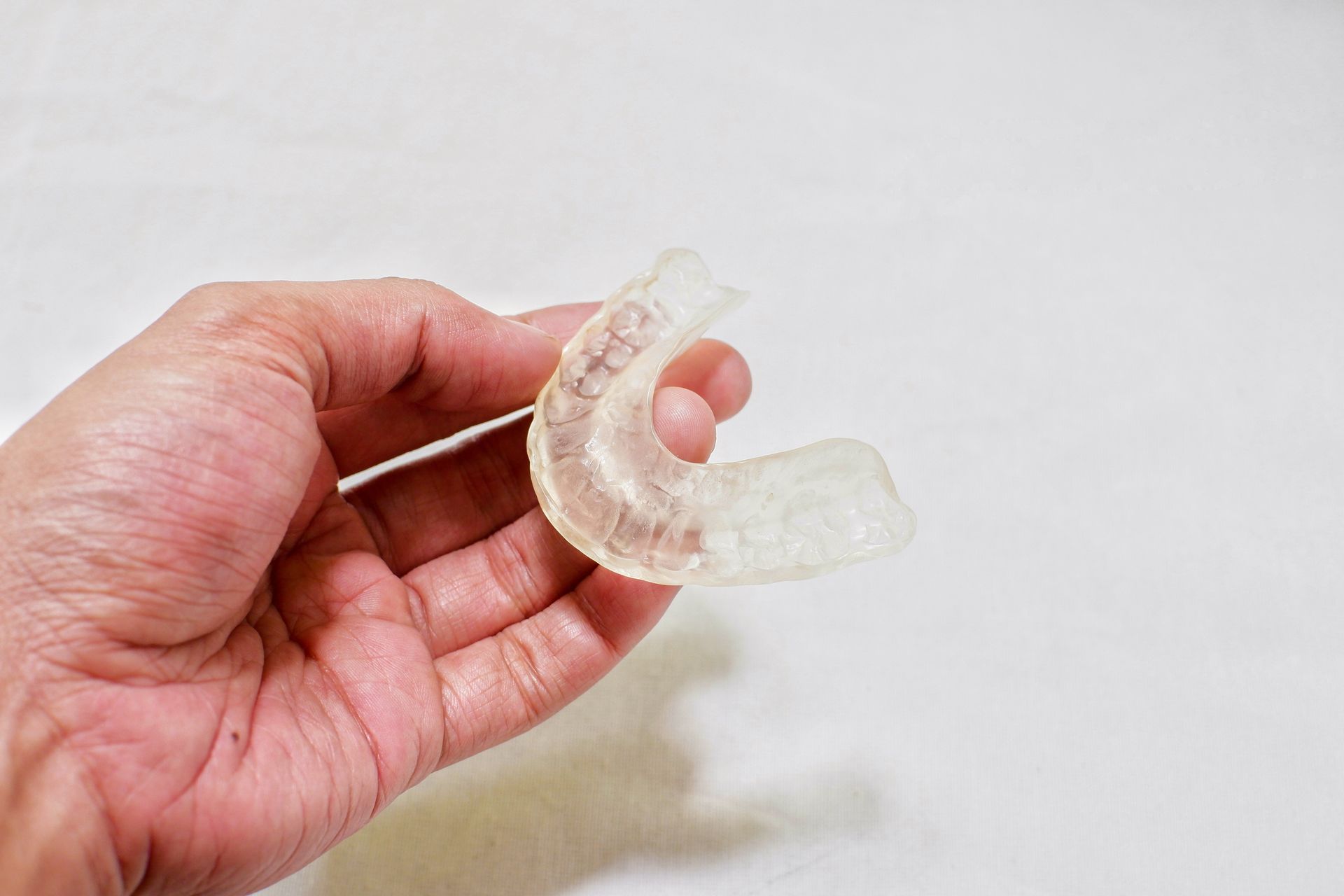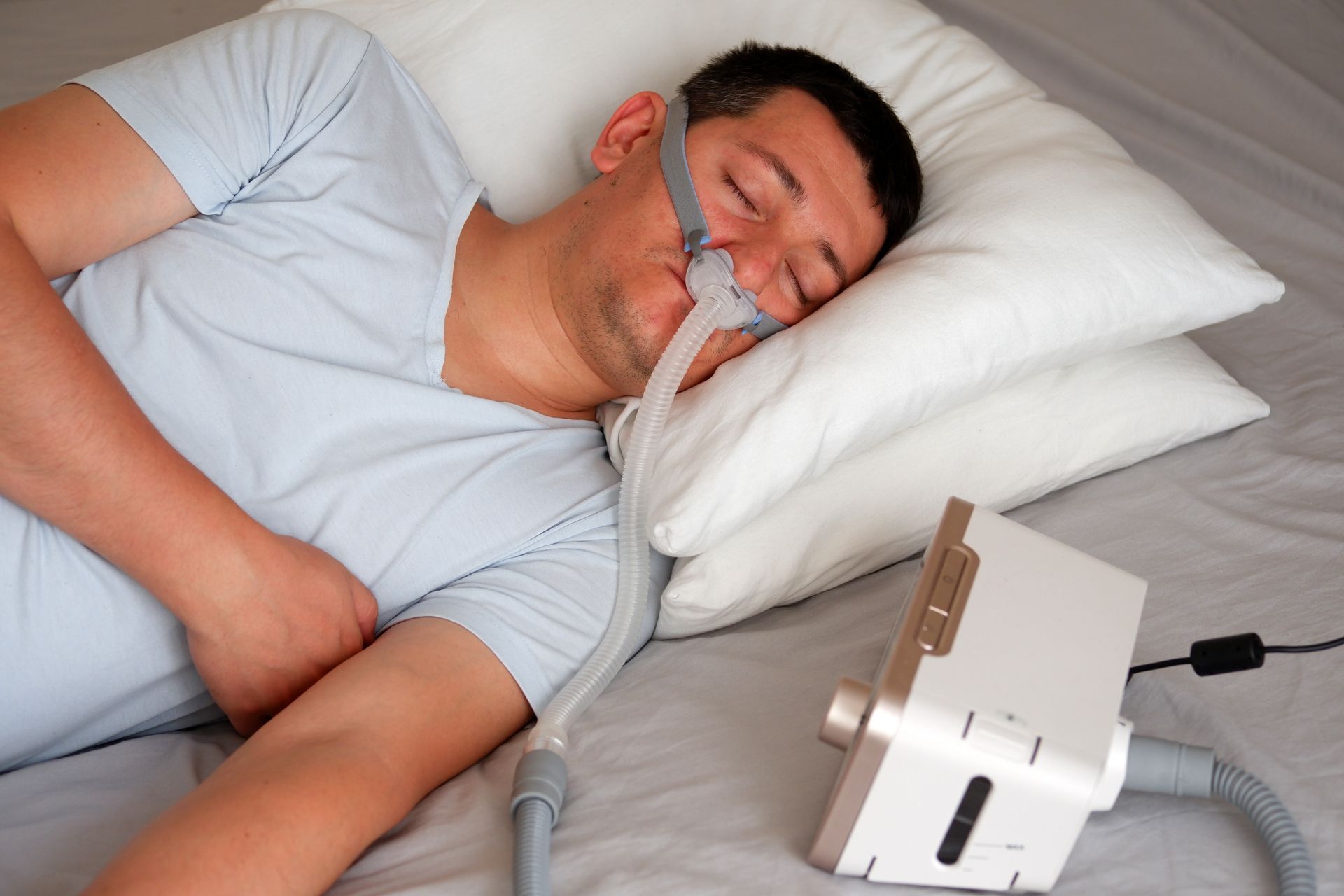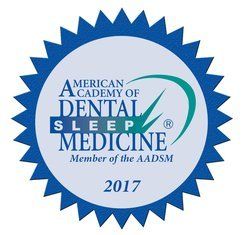Health Conditions That Can Cause TMJ Pain
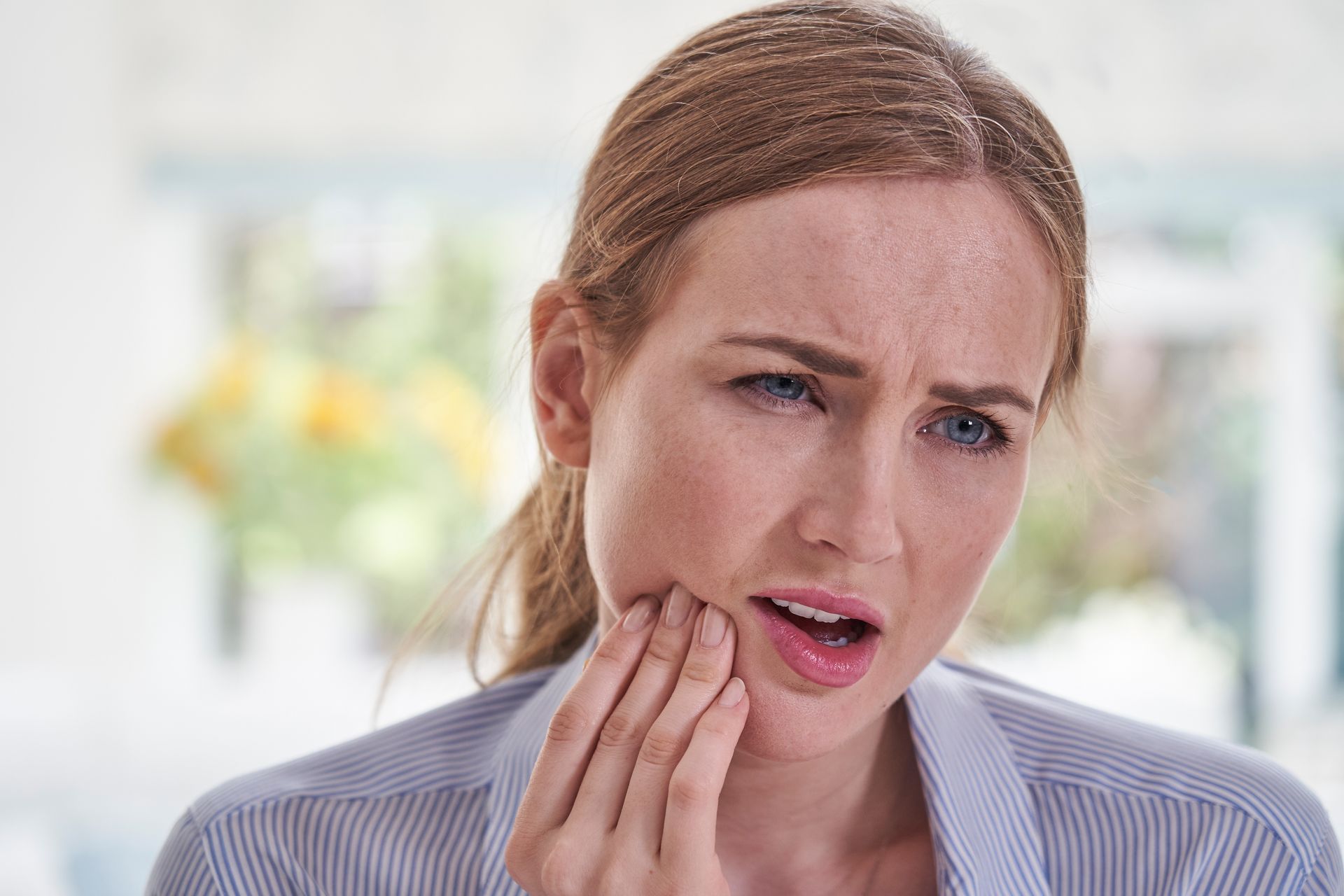
TMJ pain is complex and multifaceted. It can arise from a variety of health conditions, but because it involves and affects multiple bodily systems, it can also be an indicator of other chronic health problems. TMJ pain has been linked to everything from bruxism, myofascial pain, and sleep disorders to arthritis, ear infections, asthma, and chronic fatigue syndrome. This makes an accurate diagnosis from a TMJ specialist imperative for successful treatment and pain relief.
For as many as 12 million adults in the United States, pain in the jaw area significantly affects their daily lives, from eating to speaking and even smiling. This discomfort is often linked to the temporomandibular joints (TMJ), the two joints that control jaw movement, but it has also been associated with a myriad of other health conditions. Finding the right treatment and relief from TMJ pain begins with understanding what may be causing it.
Although it may originate in the TMJ, TMJ pain can cause referred pain and symptoms that extend beyond jaw pain and may seem entirely unrelated, such as:
- Headaches
- Neck pain
- Ear fullness or ear pain
- Vertigo
- Toothaches
- Shoulder pain or tension
- Facial swelling, usually in one cheek
- Spasms, fatigue, and tenderness in the orofacial muscles
- Ringing in the ears, also known as tinnitus
- Clicking, cracking, popping, grating, or locking of the jaw
Because of this interrelation of symptoms and causes, addressing TMJ pain often requires treatment from specialists, such as
Dr. Katherine S. Phillips and
Dr. YC Joseph “Joe” FischerHahm of Restore TMJ & Sleep Therapy in The Woodlands. For more than 15 years, Dr. Phillips and Dr. Joe have been helping thousands of patients find relief from TMJ pain. Relying on proven therapies and treatment modalities, they have committed their practice to offering the best possible solutions for managing the symptoms and relieving the discomfort of TMJ pain.
Understanding Myofascial and TMJ Pain
The temporomandibular joint (TMJ) plays a pivotal role in basic movements of the jaw, such as chewing, talking, and yawning. Joint and muscle pain can be symptoms of a TMJ disorder and can make these simple actions extremely uncomfortable.
Myofascial pain refers to long-term or chronic pain that affects the fascia (the connective tissue covering the muscles) and the muscles themselves. In the context of TMJ disorders, it refers to pain in the muscles that control jaw function and movement. This condition is often characterized by the presence of areas of tight muscle fibers, or trigger points.
TMJ and myofascial pain are complex and multifactorial, and it can be hard to both diagnose them and determine what’s causing them. This is why it’s important to seek treatment for TMJ pain from a qualified TMJ specialist. Not only does a specialist have extensive knowledge of the jaw, TMJ, and facial structure, but he or she can also prescribe an integrative treatment plan that also addresses the root causes of your pain.
Health Conditions That Can Cause TMJ and Myofascial Pain
Some of the most common causes of myofascial pain in the TMJ include:
- Persistent teeth grinding or clenching (bruxism), which places excessive force on the jaw muscles and joints
- Stress and anxiety, which can worsen these habits, leading to increased tension and discomfort.
- Poor posture, particularly in the neck and upper back, which can affect the alignment and function of the jaw and contribute to the development of myofascial pain
Other possible causes of TMJ pain are:
- A family history of TMJ problems
- Connective tissue disorders that affect the jaw, such as lupus erythema or Sjogren’s disease
- Injury or other trauma (such as surgery) to the jaw
- Craniofacial disorders
- Musculoskeletal disorders
- Arthritis of the TMJ
- Dislocation of the ball-and-socket joint within the jaw
Myofascial or TMJ pain can also develop as the result of:
Internal Derangement of the TMJ Joint
Internal derangement of the TMJ refers to a dislocated jaw, displaced disc, or injury to the end of the jawbone. This condition can cause a clicking or popping sound when moving the jaw, significant pain, and sometimes limited jaw movement.
The causes of internal derangement often include direct trauma or blows to the jaw or chronic activities that put undue pressure on the joint, such as teeth grinding. Bruxism, in particular, can lead to wear and tear on the disc and joint, causing displacement. Genetics may also play a role, with some individuals more predisposed to jaw misalignment or disc displacement because of inherited conditions.
Degenerative Joint Diseases
Degenerative joint diseases or connective tissue diseases, including osteoarthritis, rheumatoid arthritis, and psoriatic arthritis, can affect the TMJ just like any other joint in the body. These conditions result in the breakdown of the joint’s cartilage, leading to pain, stiffness, and decreased movement.
Age is one primary factor in developing degenerative joint disease, with older individuals more likely to experience wear and tear on their joints. However, inflammation and autoimmune diseases can speed up this process, causing an earlier onset. Injuries and excessive strain on the joint, such as from teeth grinding, can also contribute to arthritis in the TMJ.
Is it TMJ pain…or something else?
TMJ is a complex medical condition that involves and affects multiple body systems, including the digestive, respiratory, musculoskeletal, immunological, endocrine, and neurological systems, so while TMJ disorders are a common source of jaw pain, it’s important to know that similar symptoms could stem from other health issues. In fact, scientists have found that nearly 85% of patients with TMJ pain also suffer from other comorbidities such as chronic pain and non-pain conditions in other parts of the body. This overlap makes an accurate diagnosis vital for effective treatment and pain relief.
Health conditions that may not specifically cause or be caused by TMJ pain, but may be related to and coexist with it, include:
- Lupus
- Asthma
- Jawbone infections
- Tendonitis
- Fibromyalgia
- Chronic fatigue syndrome
- Back, neck, and joint pain
- Throat infections
- Sinus congestion
- Ehlers-Danlos syndrome
- Endometriosis
- Irritable bowel syndrome
- Sleep disorders
- Depression and PTSD
- Hypertension
- Heart disease
- Mouth and jaw tumors
These health conditions could contribute to the onset, development, and/or persistence of TMJ or myofascial pain, and could affect treatment outcomes if not properly diagnosed.
Distinguishing TMJ Pain from Other Conditions
TMJ pain often mirrors discomfort caused by ear infections, dental problems, nerve-related pain, or even sinus issues. Identifying the root cause is necessary because the treatments for these conditions differ significantly from those for TMJ disorders. Only a board-certified TMJ specialist can help to accurately diagnose your TMJ pain. If he or she determines that you have something other than a TMJ disorder, they can refer you to a variety of other specialists as part of your treatment plan to establish the right course of care.
Understanding Your Treatment Options
Exploring treatment options with a TMJ specialist allows for a personalized approach to managing TMJ pain. A TMJ specialist will perform a comprehensive analysis of your condition, symptoms, and overall health to determine what kind of treatment solution you may benefit from–such as splint therapy, trigger point injections, bite orthotics, therapeutic Botox, or a combination of modalities–or if you may need additional care from a medical expert or physician in another field.
For example, if your TMJ pain is causing unmanageable headaches or sleep apnea, a TMJ specialist may refer you to a neurologist or a sleep physician as part of your treatment plan, then direct and oversee your therapy.
Early consultation with a specialist can prevent TMJ pain from progressing and lead to better long-term outcomes.
Take Control of Your TMJ Pain with Restore TMJ & Sleep Therapy
Treating TMJ or other types of myofascial pain effectively often requires determining and addressing the underlying cause of it. While dysfunction of the TMJ may be the source of the chronic pain you are experiencing, there are as many possible causes of that dysfunction as there are symptoms. While some physicians can help treat individual symptoms, only a TMJ specialist has the resources, expertise, and experience to develop a comprehensive and integrative treatment plan that tackles the root of your TMJ pain for better outcomes and longer lasting relief.
Unlike general dentists or other physicians, Dr. Phillips and Dr. Joe FischerHahm of Restore TMJ & Sleep Therapy have dedicated their entire practice to the treatment of TMJ and orofacial pain. By combining their extensive experience and education with an established network of trusted healthcare providers, the team at Restore TMJ & Sleep Therapy can build and direct personalized care solutions tailored to your unique needs.
If you or a loved one are experiencing pain associated with the TMJ, don’t wait another day to start treating it. Schedule an appointment today at Restore TMJ & Sleep Therapy and get started on the path to a happier, healthier life.
Contact Us Today For A Consultation!
Contact Us
Thank you for reaching out to us at REstore TMJ and Sleep Therapy. We look forward to helping you. We will follow up within 24 hours for contact requests received during normal office hours Monday – Thursday. If you have submitted a request later in the day on Thursday – Sunday, we will follow up on Monday. If you would like to talk to us before we can get to your request, please feel free to give us a call at 281-296-6797 Monday – Thursday 8am – 4:30pm. Have a great day!
Regards,
Dr. Katherine Phillips and Staff
Please try again later.
REstore TMJ & Sleep Therapy P.A.
1001 Medical Plaza Drive,
Suite 200 | The Woodlands, TX 77380
281-296-6797
Dr. Phillips serves TMJ & Sleep patients in: The Woodlands TX | Spring TX | Conroe TX Tomball TX | Cypress, TX | Houston, TX | Kingwood TX | Humble, TX | Katy TX
© 2023 by REstore TMJ & Sleep Therapy | Terms Of Service & Privacy Policy | XML Sitemap
-2700x842-1920w.png)






